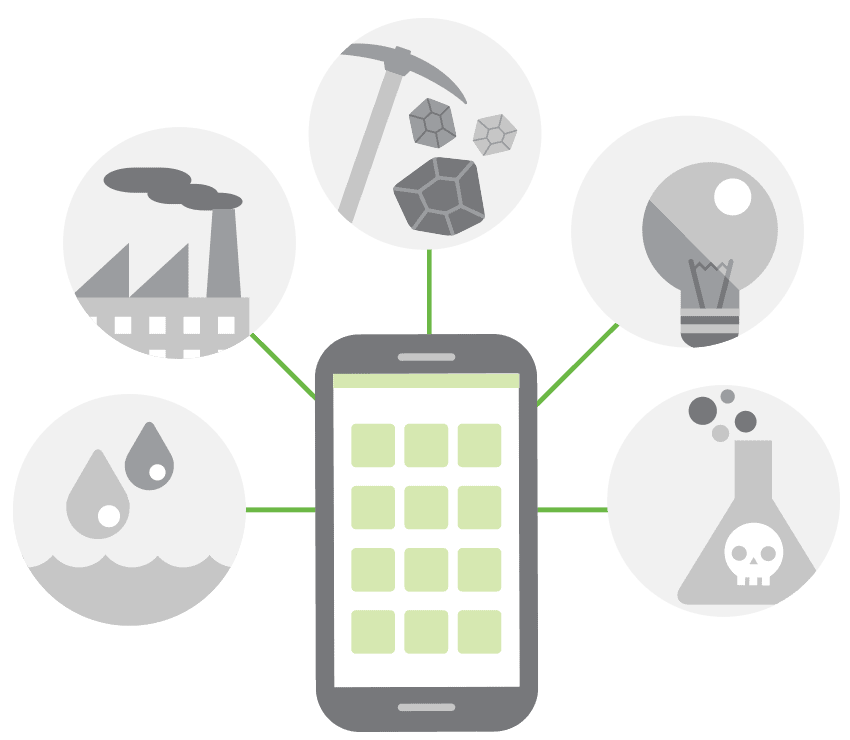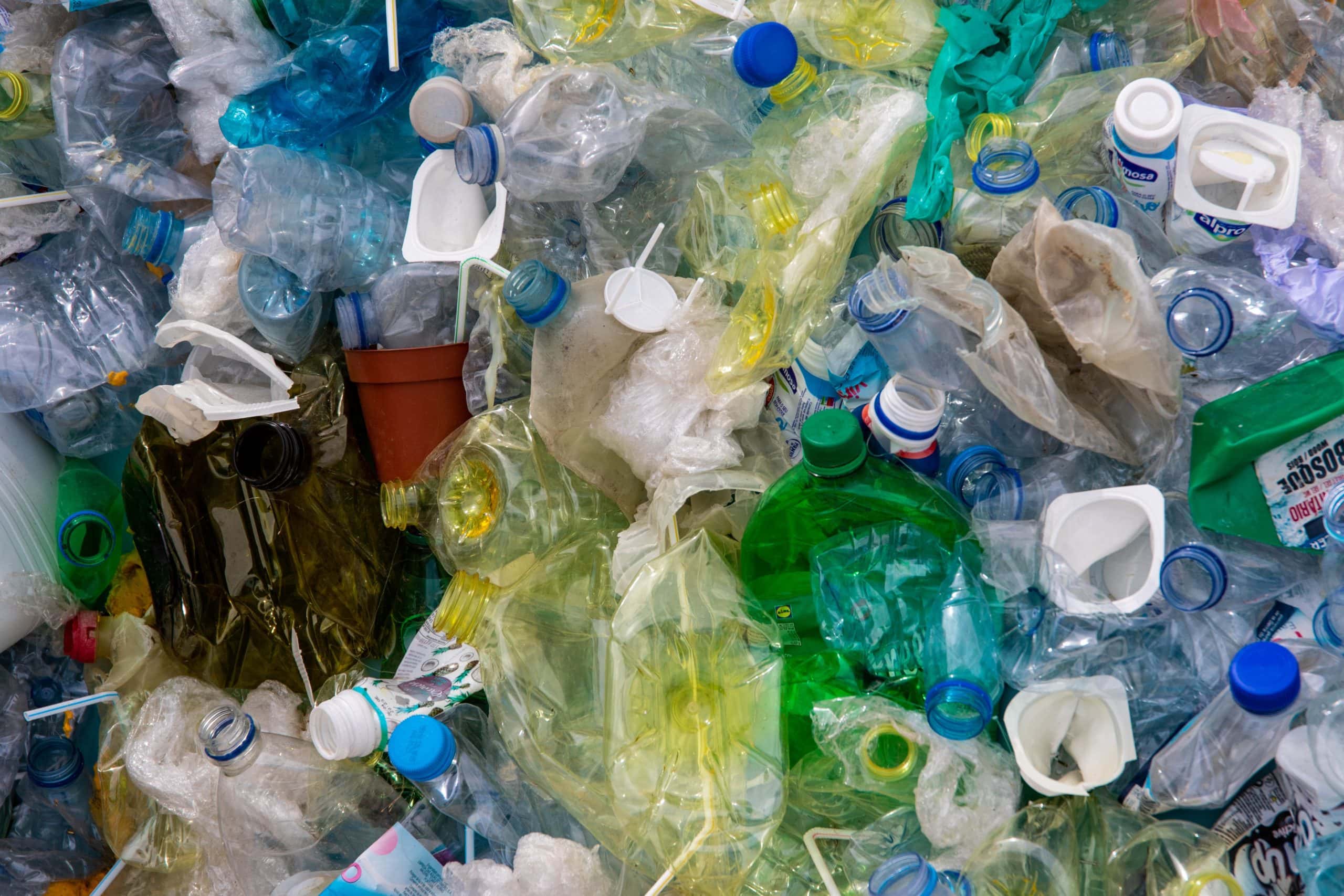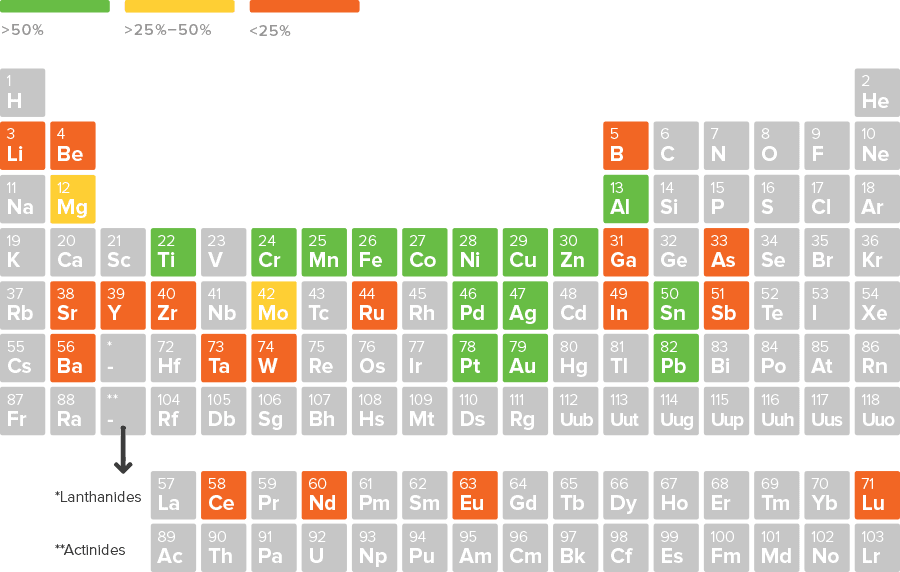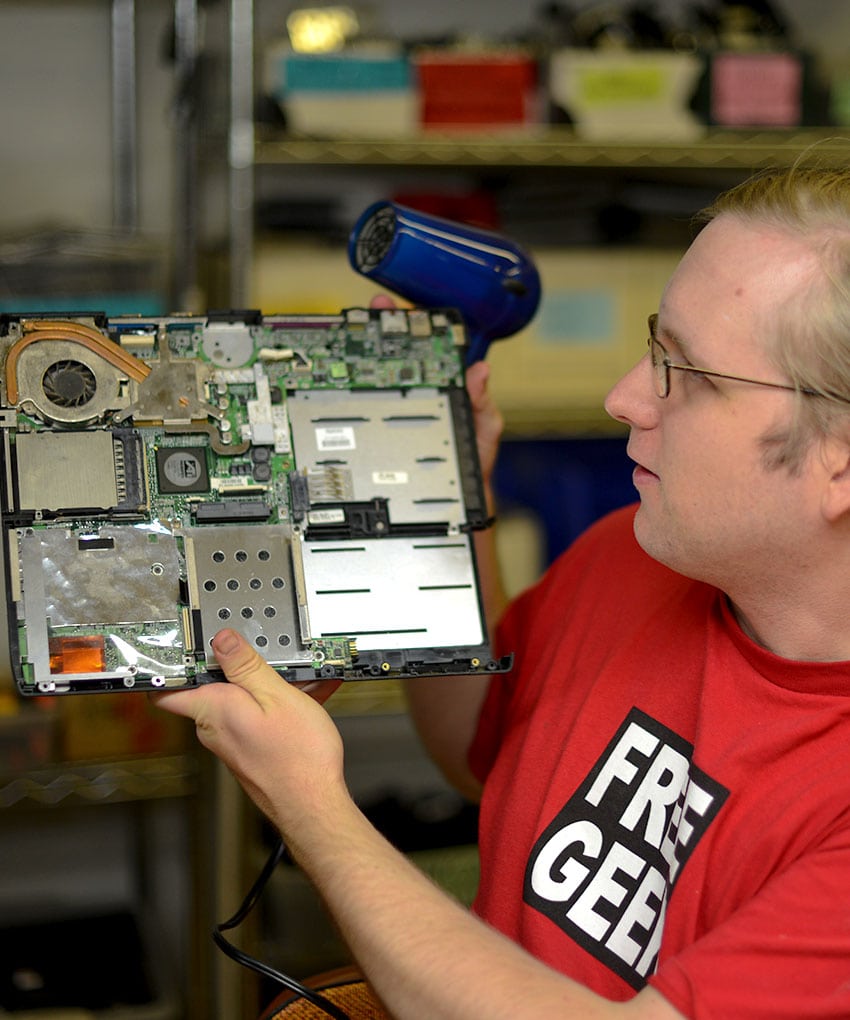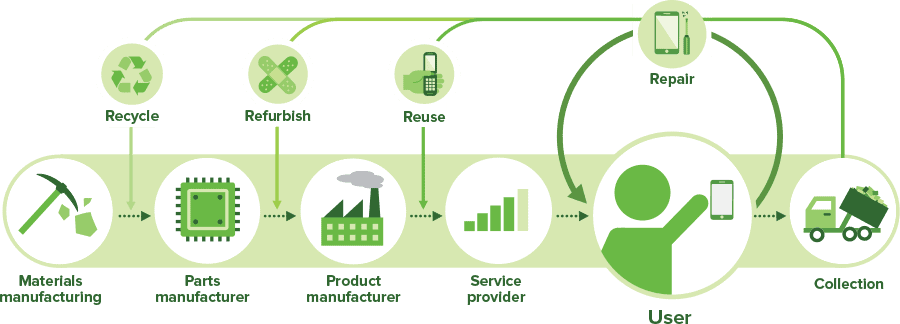
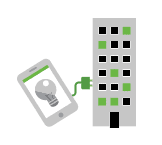
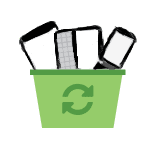
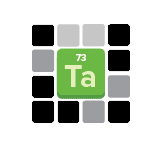
Tons of raw materials, hundreds of man-hours, and enormous amounts of energy are required to manufacture the electronics that most of us use. The production of a smartphone accounts for 85 percent of its emissions impact. Smartphones and data centres are environmentally harmful and will have the highest carbon footprint in the tech industry by 2040.
How much energy is required to manufacture a computer? Almost as much as it takes to build your kitchen's large refrigerator.
